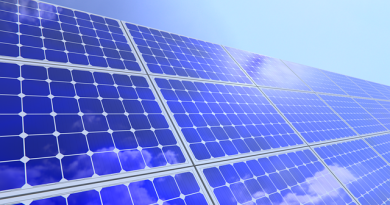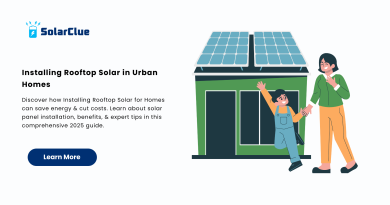Can Off Grid Solar Systems Work 24 Hours Everyday
Table of Contents Energy systems relying on solar power have been steadily growing in popularity as individuals and organizations seek sustainable and renewable sources of energy. Among these, off-grid solar systems have, in particular, gained traction due to their potential to provide electricity in remote or rural locations where grid connectivity is either unavailable or too expensive. As we plunge into this transformative era in power generation, a common question emerges, “Can off-grid solar systems really work 24 hours every day?” Let’s explore this question comprehensively. Off-grid solar systems, also known as standalone power systems, opportune consumers to produce and manage their own energy anywhere. These systems operate independently from the local utility grid, frequently leveraging a combination of solar panels, battery storage, inverters, and sometimes other sources of generation like wind or hydro, to produce electricity. These systems can provide renewable power around the clock, but their ability to generate power continuously, particularly, during the night or weather conditions unfavorable for solar power is often called to question. Storing solar energy during peak sunshine hours is key to ensuring that an off-grid solar system can deliver power throughout the day and night. This is where batteries come into play. They store excess energy produced during the day, to be used during the hours of darkness or when the solar panels are underproducing. The capacity of these batteries plays a significant role, as it determines how much excess power can be stored and thus influences the system’s ability to provide constant electricity. The technology used and how the off-grid solar system is designed also influence whether or not it can run continuously. For instance, solar panel efficiency is crucial, and advancements in technology have led to the production of higher efficiency panels than were available years ago. Moreover, solar system designs now consider peak usage periods, seasonal changes in sun exposure, weather conditions, and the likelihood of consecutive days of reduced solar insolation to ensure sustained power supply. Therefore, a thoughtful system design can significantly increase the capability of off-grid solar systems to provide 24/7 power. The notion that an off-grid solar system can work around the clock does not necessarily mean limitless power. Solar energy by nature is cyclic, reliant on daylight hours for power generation. While battery storage systems have been a game-changer when it comes to delivering power during off-peak hours, the available power is nonetheless dependent on the system size, battery capacity, energy usage patterns, and conditions influencing solar generation. Consequently, being off-grid often necessitates a conscientious approach to energy consumption and may call for energy-efficiency measures or backups in the form of alternative energy sources for times when stored energy runs low. It’s also essential to understand the limitations. A battery storage system’s lifespan tends to be shorter than that of solar panels, requiring replacement every 5-15 years based on the type of batteries used. Seasons with fewer daylight hours can also impact solar generation. Planning for these circumstances during the design phase of the system allows for a more robust and reliable power setup. Besides, technological advancements and research are constantly breaking barriers in the realm of solar energy storage, promising a future of even more efficient and effective off-grid solar systems. In summary, the question, “Can off-grid solar systems work 24 hours, everyday?” does not have a straightforward answer. Yes, with strategic design, advanced technology, and adequate storage capacity, off-grid solar systems can indeed provide power around the clock. However, the nature of solar energy and physical limitations of storage batteries imply that there are practical limits to an uninterrupted power supply. Nonetheless, as green energy technology continues to evolve and improve, there seems to be no limit to the potential of off-grid solar power systems. The notion of a truly limitless, renewable and 24-hour off-grid power system may soon be within reach.Introduction
Understanding Off-Grid Solar Systems
Energy Storage
The Influence of Technology and System Design
Does it Mean Limitless Power?
Understanding the Limitations
Conclusion


